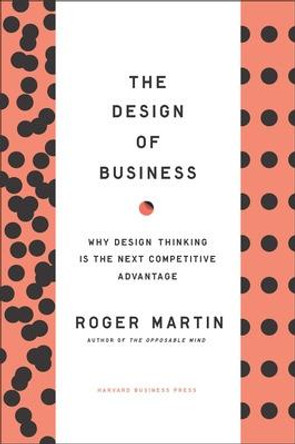Description
Julianne Cheek and Elise Oby show that designing research is an iterative and reflexive process in which there is constant thinking through, and re-visiting of, decisions about that design as it develops. They use a variety of pedagogical devices throughout the book including Tip; Activity; and Putting it into Practice boxes to emphasize specific points and encourage readers to think about the practical implications of what they have learned.
About the Author
Julianne Cheek is a professor at stfold University College, Norway. She is editor in chief of Qualitative Health Research, as well as being an editorial board member of a number of journals related to qualitative inquiry. Her publications reflect her ongoing interest in qualitative inquiry and the politics of that inquiry. In 2010-2012, she had the honor of serving as the vice president of the International Association of Qualitative Inquiry and currently serves on the External Advisory Board of the International Congress of Qualitative Inquiry, held annually at the University of Illinois. She has a long term interest in the teaching and development of courses in research design and methods - at Masters, Doctoral, and Post-Doctoral levels. Julianne has formal qualifications in teaching and education and began her working life teaching science in secondary schools. After completing her PhD in social sciences she took up her first academic post teaching nursing students. Since then she has taught research methods to students in a number of health related areas including physiotherapy, nutrition and sport sciences, as well as students in leadership and organizational studies. She has held senior administrative university posts at a number of universities, including Dean of Graduate Studies. Director of Early Career Development, and Dean Research. Elise by is an associate professor at Kristiania University College, Norway. She holds a PhD in mathematics and a master's degree in organization and leadership. Her Masters study employed qualitative research. She has held academic positions in multiple universities and colleges in Norway. She has also worked in public administration and held a management position at a university college. She started her academic career teaching mathematics and statistics across a variety of study programs including teacher education, finance, and business administration. Her teaching experience also includes courses in mathematics and physics taken by engineering students. In engineering, statistics (and therefore mathematics) are considered a tool more than the issue of interest in itself. Using mathematics and statistics as tools to learn about how the world works and how to make decisions based on empirical data collected from and about that world, rather than as procedures to solve constructed mathematical/statistical problems, sparked her interest in the field of research design and research methods in the social sciences. Her current teaching includes courses in research design, quantitative methods, and qualitative methods. She has an interest in enabling students and researchers to design research in such a way that the findings from that research is credible, reliable, trustworthy, and defensible.
Reviews
This is one of the clearest and most accessible research methods books I have read as a scholar. I highly recommend for both students and teachers alike. It is an excellent survey of both qualitative and quantitative research methods.
-- Natalie Danielle BakerStudents writing a thesis or dissertation will benefit from this text's approach to the development of and design of research. It provides a strong theoretical understanding of the process of moving from an idea to a research proposal to the final research project. A good addition to the library of someone who is doing research.
-- Hugh ClarkThis book provides a detailed outline of research methods. The authors break the concepts and content into a manner in which it is easily understood by the reader. They also provide activities for the reader to use to apply the content.
-- Jaimee L. HartensteinThe authors describe the complexities of research and clearly describe the many details that go into a well-designed and executed study. They have done an amazing job describing the process of research design. Any student learning about research will benefit from this book.
-- Lauren HaysThis is an excellent text for those instructors who recognize the importance of giving research design more comprehensive treatment than is typical of most textbooks.
-- Scott LiebertzI will add this book as required reading for my course and personally add this to my collection of research material to aid in my writing and evaluation projects. -- Sherill Morris-Francis
This text is a very approachable conversation-based introduction to research design for social science students. It provides an inviting approach to the research process that draws the reader in as a participant instead of a spectator. It's focus on research as an iterative and reflexive process rather than a linear set of steps is refreshing. It engages the reader in the process and introduces questions to assist in understanding the complexity and interconnectivity of each part of the process.
-- Isla A. Schuchs CarrBook Information
ISBN 9781544350899
Author Julianne Cheek
Format Paperback
Page Count 352
Imprint SAGE Publications Inc
Publisher SAGE Publications Inc
Weight(grams) 660g






